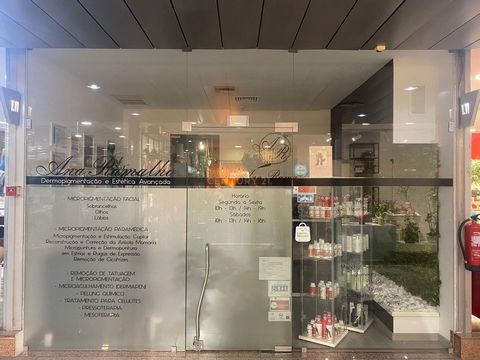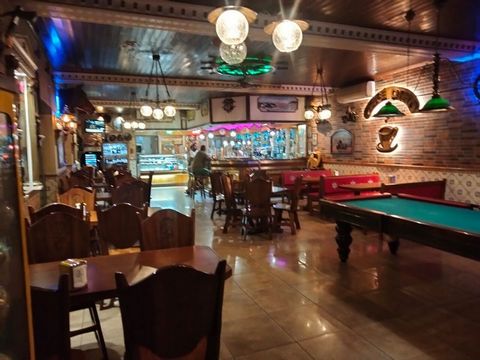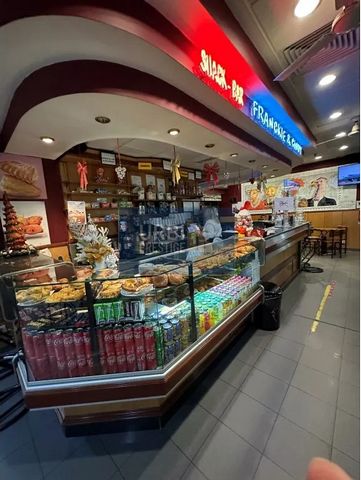Shop in the Pombal shopping centre, on the ground floor. Located at the top of the stairs coming from Pingo Doce. Great to place your business. Busy access having several stores around it all in operation. At a very affordable price, being a great investment for your business, Book your visit now, we will be happy to show you. Pombal is a Portuguese city belonging to the district of Leiria, in the province of Beira Litoral, integrating the Intermunicipal Community of the Region of Leiria, in the region of Central Portugal, whose city has about 11 000 inhabitants. It was officially elevated to city status on August 16, 1991. It is the seat of a municipality with an area of 626.00 km² and 53,288 inhabitants (2016), subdivided into 13 parishes. The municipality is limited to the north by the municipalities of Figueira da Foz and Soure, to the east by Ansião and Alvaiázere, to the southeast by Ourém, to the southwest by Leiria and to the west it has a strip of coastline on the Atlantic Ocean (Praia do Osso da Baleia). . Much of the wealth is still alive in dovecotes, on pavements, statues and even in the canals. Pombal is a land of history, legends and illustrious people. The great Marquês de Pombal, the historian and writer João de Barros, the politician Mota Pinto, the poet Martel Patrício, the doctor and writer Amadeu da Cunha, among many others. Since it is difficult to place the appearance of the first population cluster, there are, however, no doubts as to the presence of the Romans in the region of Pombal, taking into account the coins found in the restoration works of the Castle. Even before the Roman presence, it is credible that the demographic fixation in the Pombal area dates back to the Neolithic period, without it being possible to determine the exact location of the initial sedentary lifestyle here too. What is certain is that, at the beginning of the 12th century, the Templars passed through the region. In 1126 they found a village in the place of Chões, now missing. This desert land, with dense and inhospitable bushes and thickets between Coimbra and Leiria, was located on the frontier of the battles against the Saracens. For this reason, around 1156, a military fortress was built here. Gualdim Pais, master of the Order of the Temple, recognizing the need to consolidate the borders and simultaneously promote the settlement of the population, grants charter to Ega in 1131, then to Redinha in 1159, and finally to Pombal in 1174, renewed later in the year of 1176. In addition to the two charters, D. Gualdim Pais also grants Pombal, in 1181, a charter of privileges. In 1509 D. Manuel passed through Pombal. Admired by the population, he ordered the restoration of the Castle, leaving its interior to serve as the residence of the chief mayor of the village, the Sousa Ribeiros, ancestors of the Count of Castelo-Melhor, and ordered the opening of a door, facing the village. Above this door were placed the coat of arms of the village of Pombal, which he revoked old privileges by granting it a new charter, dated June 1, 1512. It is due to the Marquês de Pombal, who lived here between 1777 and 1782, the ordinance of the lower part of the village. So he had the jail built on the site of the old pillory in Praça Velha, and the barn on the opposite side. In the last decade of the 18th century, the royal road was diverted into Pombal and a bridge was built over the Arunca river, in a project directed by Colonel-Engineer Joaquim de Oliveira, who also opened a tree-lined avenue to the front of the Emporão, giving to the village and to the whole region a new increment. These excellent conditions for the development of the region will be stopped by the invasions Why work with Century 21? Because we like to help people realize their dreams! That's why we work with each client individually, taking the time to understand their lifestyle, needs and desires. We are specialists in working with people who are buying




